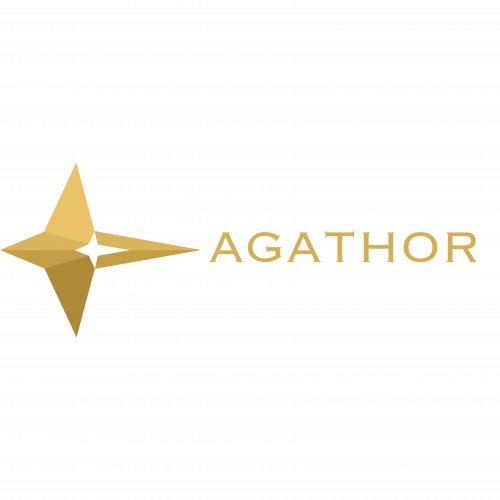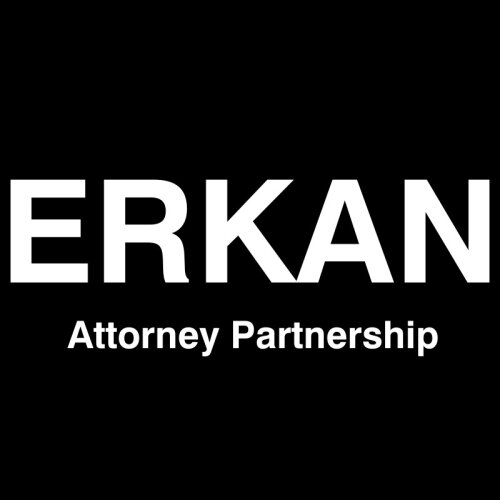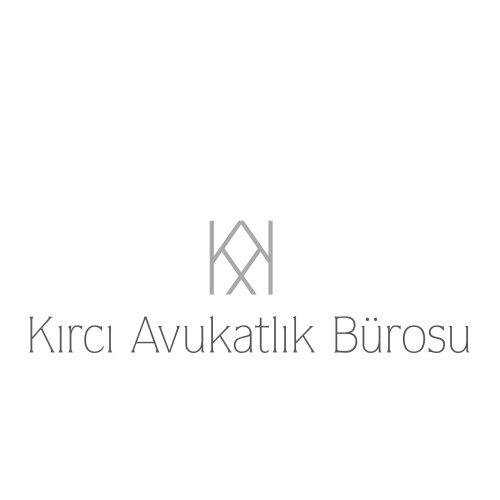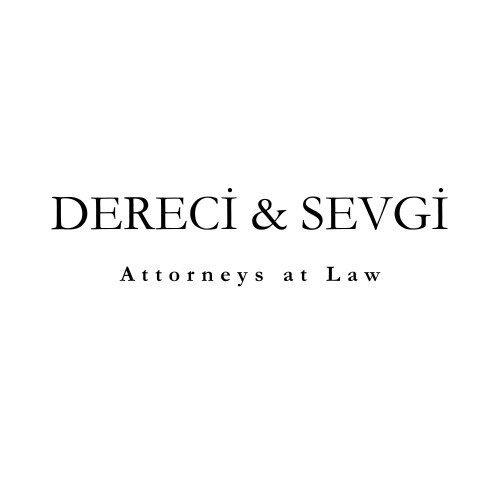Best Art & Cultural Property Law Lawyers in Ankara
Share your needs with us, get contacted by law firms.
Free. Takes 2 min.
List of the best lawyers in Ankara, Turkey
About Art & Cultural Property Law in Ankara, Turkey
Art & Cultural Property Law in Ankara, Turkey, is a specialized field that deals with the protection, transfer, and regulation of art and cultural property. Turkey, with its rich cultural history and heritage, has comprehensive legal frameworks to protect its invaluable art and cultural assets. This area of law involves aspects such as art theft, illicit trade, export and import regulations, restitution of cultural property, and rights related to intellectual property in the arts. In Ankara, the capital city, these laws are enforced by various governmental bodies dedicated to preserving the country's cultural heritage.
Why You May Need a Lawyer
There are various situations where individuals or organizations might require legal assistance in the field of Art & Cultural Property Law in Ankara:
- Buying or selling art pieces, which may involve questions of provenance or due diligence.
- Dealing with claims of stolen or unlawfully exported artifacts.
- Disputes over ownership or intellectual property rights in artworks.
- Navigating the legal requirements for exporting or importing cultural artifacts.
- Negotiating loans or exhibitions of artworks between institutions locally and internationally.
- Seeking restitution of lost or stolen artworks.
Local Laws Overview
In Ankara, the practice of Art & Cultural Property Law is deeply influenced by national legislation, such as the Protection of Cultural and Natural Assets Act. Key aspects of these laws include:
- Strict regulations on the export and import of cultural property to prevent illicit trafficking.
- Legal processes for the restitution of cultural assets to rightful owners.
- National protection measures for sites and objects of cultural significance.
- Intellectual property laws that safeguard the rights of artists and creators.
- Criteria and processes for the registration of cultural property, including artworks and historical artifacts.
- Enforcement mechanisms for preventing art theft and handling disputes over cultural properties.
Frequently Asked Questions
1. What constitutes cultural property in Turkey?
Cultural property includes artifacts, artworks, historical sites, and monuments that hold cultural, artistic, historical, or scientific significance as defined by Turkish law and international agreements.
2. How can I prove the provenance of an artwork?
Proving provenance involves documenting the history of ownership of an artwork. This can include bills of sale, exhibition records, and expert appraisals to establish legitimacy and prevent legal disputes.
3. What are the penalties for illegal export of cultural property?
Penalties vary depending on the severity of the offense but can include hefty fines, imprisonment, and confiscation of the illegally traded cultural property.
4. Can cultural property be restituted to its country of origin?
Yes, Turkey supports the restitution of cultural property to its country of origin per international agreements. Legal processes are in place to claim and return such items through diplomatic and legal channels.
5. How are disputes over art ownership resolved?
Disputes can be resolved through negotiation, mediation, or litigation. Legal proceedings might often involve presenting evidence, expert testimonies, and collaboration with international legal bodies.
6. Are there specific rules for importing artworks into Turkey?
Yes, there are specific customs regulations and processes for declaring and documenting artworks to prevent the importation of stolen or counterfeit items.
7. What role do governmental bodies play in art and cultural property law?
Governmental bodies like the Ministry of Culture and Tourism enforce laws, oversee the protection of cultural assets, and handle legal concerns related to art and cultural properties.
8. Can private collections be protected under cultural property law?
Yes, private collections can be protected under cultural property laws, provided they meet specific criteria related to significance and provenance.
9. How are counterfeit art claims handled?
Claims regarding counterfeit art are investigated through verification by experts, legal audits, and sometimes criminal investigations.
10. How do intellectual property rights apply to art in Turkey?
Intellectual property rights protect creators’ rights and interests in their artworks, covering issues like reproduction, moral rights, and economic rights in compliance with Turkish IP law and international treaties.
Additional Resources
If you need legal assistance or further information, consider contacting these bodies:
- Ministry of Culture and Tourism of the Republic of Turkey
- General Directorate of Cultural Heritage and Museums
- Ankara Bar Association
- UNESCO National Commission of Turkey
- Local universities with law faculties offering specializations in cultural property law
Next Steps
If you require legal assistance in Art & Cultural Property Law in Ankara, it is advisable to:
- Consult with a lawyer specializing in art and cultural property law to understand your legal rights and obligations.
- Gather all relevant documents, including provenance records, purchase agreements, and any correspondence relating to the matter at hand.
- Engage with professional organizations or legal bodies for advice and recommendations on qualified experts or legal representatives.
- Attend workshops or seminars to improve your understanding of art law, especially if you are regularly engaged in activities involving art and cultural properties.
Lawzana helps you find the best lawyers and law firms in Ankara through a curated and pre-screened list of qualified legal professionals. Our platform offers rankings and detailed profiles of attorneys and law firms, allowing you to compare based on practice areas, including Art & Cultural Property Law, experience, and client feedback.
Each profile includes a description of the firm's areas of practice, client reviews, team members and partners, year of establishment, spoken languages, office locations, contact information, social media presence, and any published articles or resources. Most firms on our platform speak English and are experienced in both local and international legal matters.
Get a quote from top-rated law firms in Ankara, Turkey — quickly, securely, and without unnecessary hassle.
Disclaimer:
The information provided on this page is for general informational purposes only and does not constitute legal advice. While we strive to ensure the accuracy and relevance of the content, legal information may change over time, and interpretations of the law can vary. You should always consult with a qualified legal professional for advice specific to your situation.
We disclaim all liability for actions taken or not taken based on the content of this page. If you believe any information is incorrect or outdated, please contact us, and we will review and update it where appropriate.













